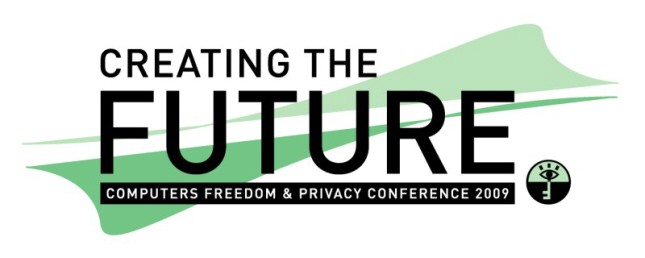Restore the Fourth: Grassroots civil liberties activism is back and better than ever!


It’s the Fourth of July, and we’re fighting for our civil liberties.
— me, in 2008, to the Senator Obama – Please, No Telecom Immunity and Get FISA Right mailing list
Five years later, grassroots civil liberties activism on social networks is back and better then ever. Back in 2008, we were organizing online, trying to stop the disastrous FISA Amendment Act, and Barack Obama had just responded to our open letter. We lost that battle, but the fight goes on … and today it went to the next level at Restore the Fourth‘s rallies across the country:

- In New York, 500+ people filled four blocks.
- DC featured an all-star cast of speakers, 400+ people, and 20 news organizations.
- In SF, the 300+ people wound up the rally at 611 Folsom, the home of the famed room 641A.
- The Salt Lake City rally ended with a march on the NSA’s Utah data center.
- People turned out in Raleigh, Charlotte, Portsmouth, Louisville, Rochester, Boston (tweeted by the state police), the Alamo (!), Kansas City, Cedar Rapids, Philadelphia, Denver, Wichita, Birmingham (with a ton of local press) Syracuse, LA, Dallas, Atlanta, Tulsa, Gainesville, Harrisburg, Carson City, Reno, Chicago, Portland, Austin, Midland, San Diego, Saint Louis, Indianapolis, Fort Lauderdale, Tampa, Sacramento, Minneapolis, Buffalo, Iowa City, Asbury Park, Houston, Hartford, Chattanooga, Huntington Beach, Savannah, Tempe, Pittsburgh, Las Vegas, Cleveland, Seattle, Redmond, Lansing, Bozeman, Missoula, Olympia, …
- Coverage on NBC, Fox News, The Atlantic, Reuters, CNN, CNET, Mashable, CBC, the Christian Science Monitor, the Times of India, Buzzfeed (with the “40 best signs“) and dozens of local TV stations and papers. Update, July 5: more from the Washington Post, the Guardian, ThinkProgress, VentureBeat, Firedoglake, Newsmax, Hullabaloo,  All Things D, Nextgov, an AP video, RT, the Daily Caller, the Sydney Morning Herald, US News and World Report, and Vice.
How cool is that?


 The Center for Democracy and Technology is running a
The Center for Democracy and Technology is running a 

 One of our goals for the 2010
One of our goals for the 2010 